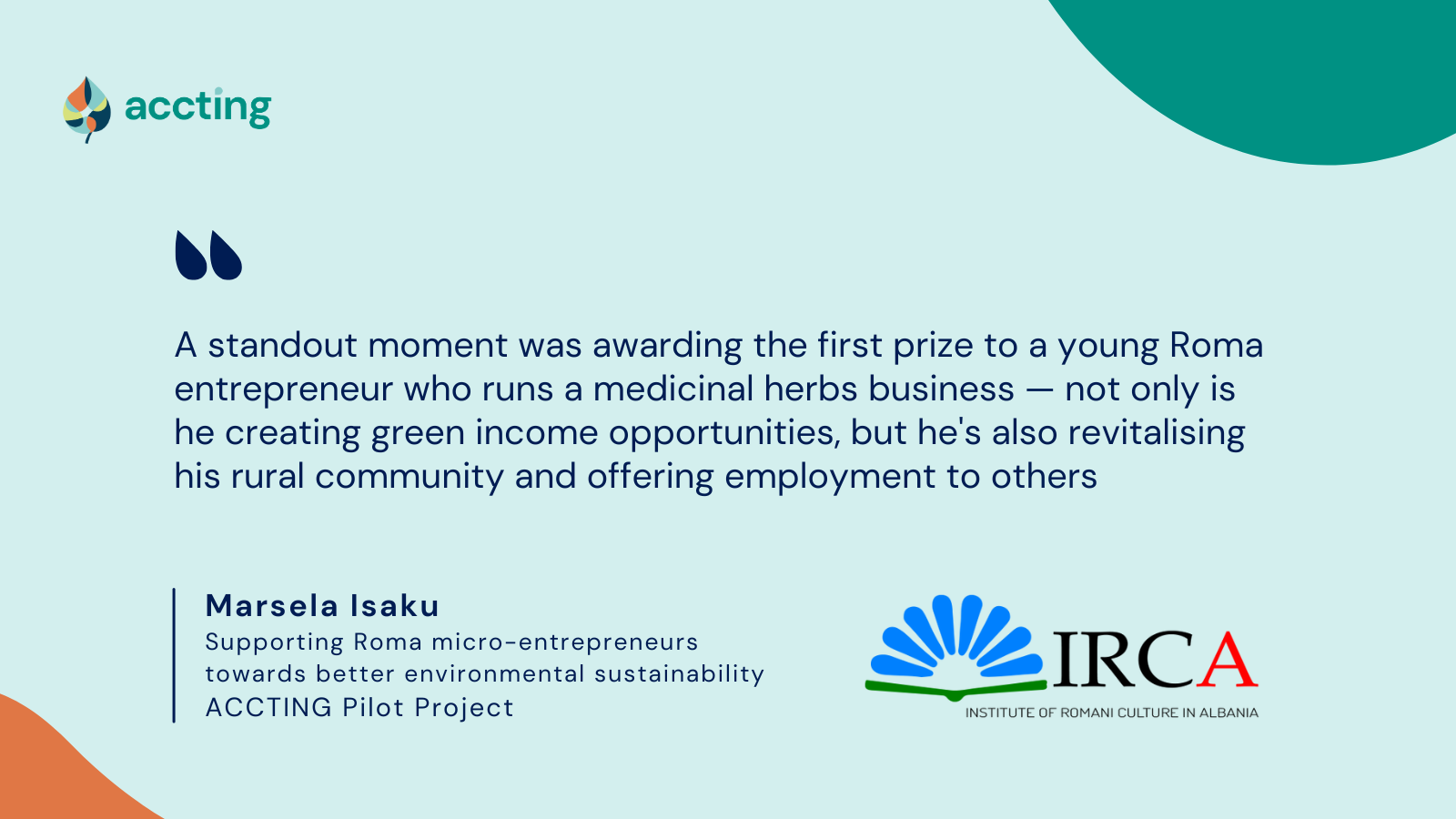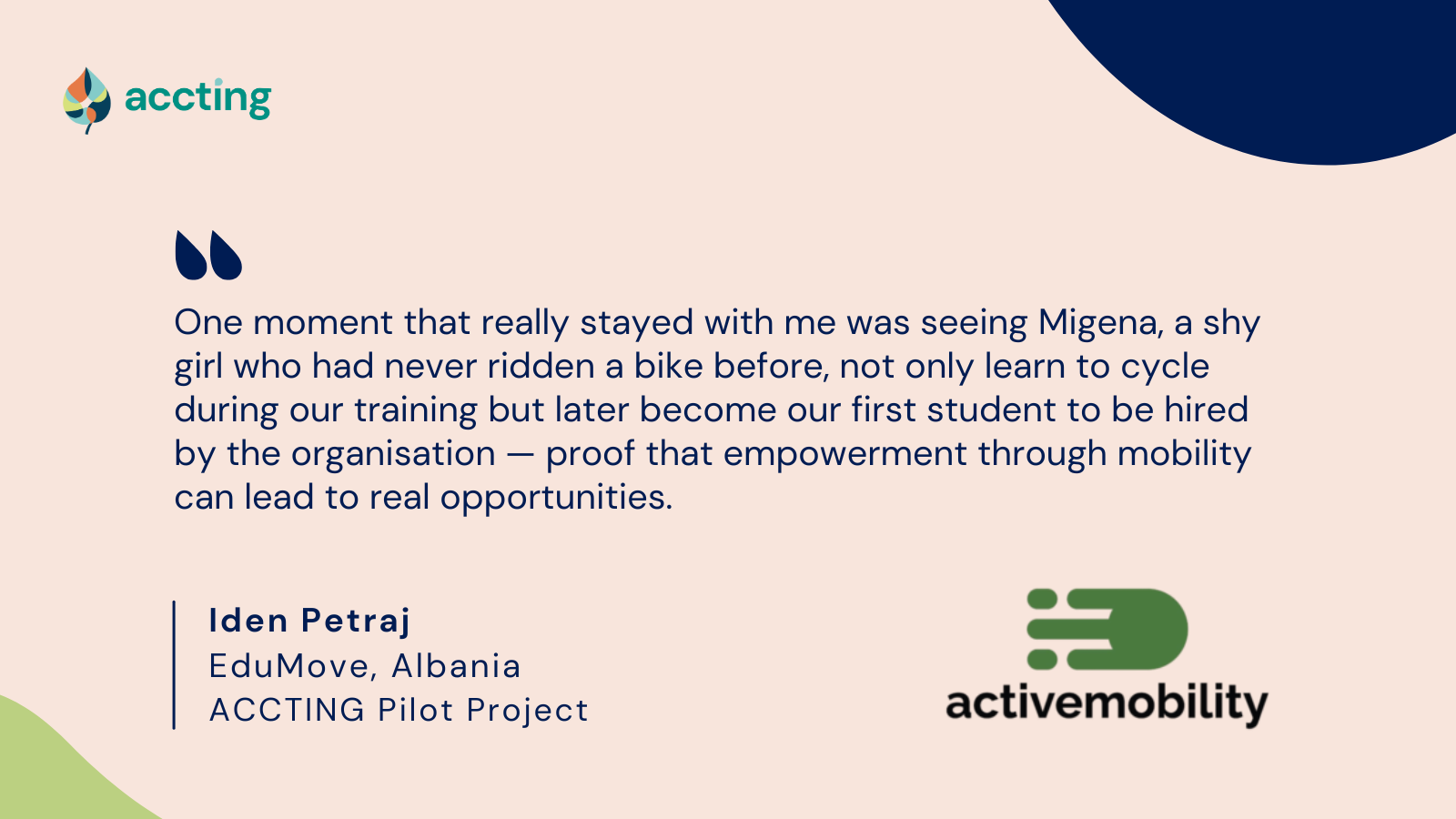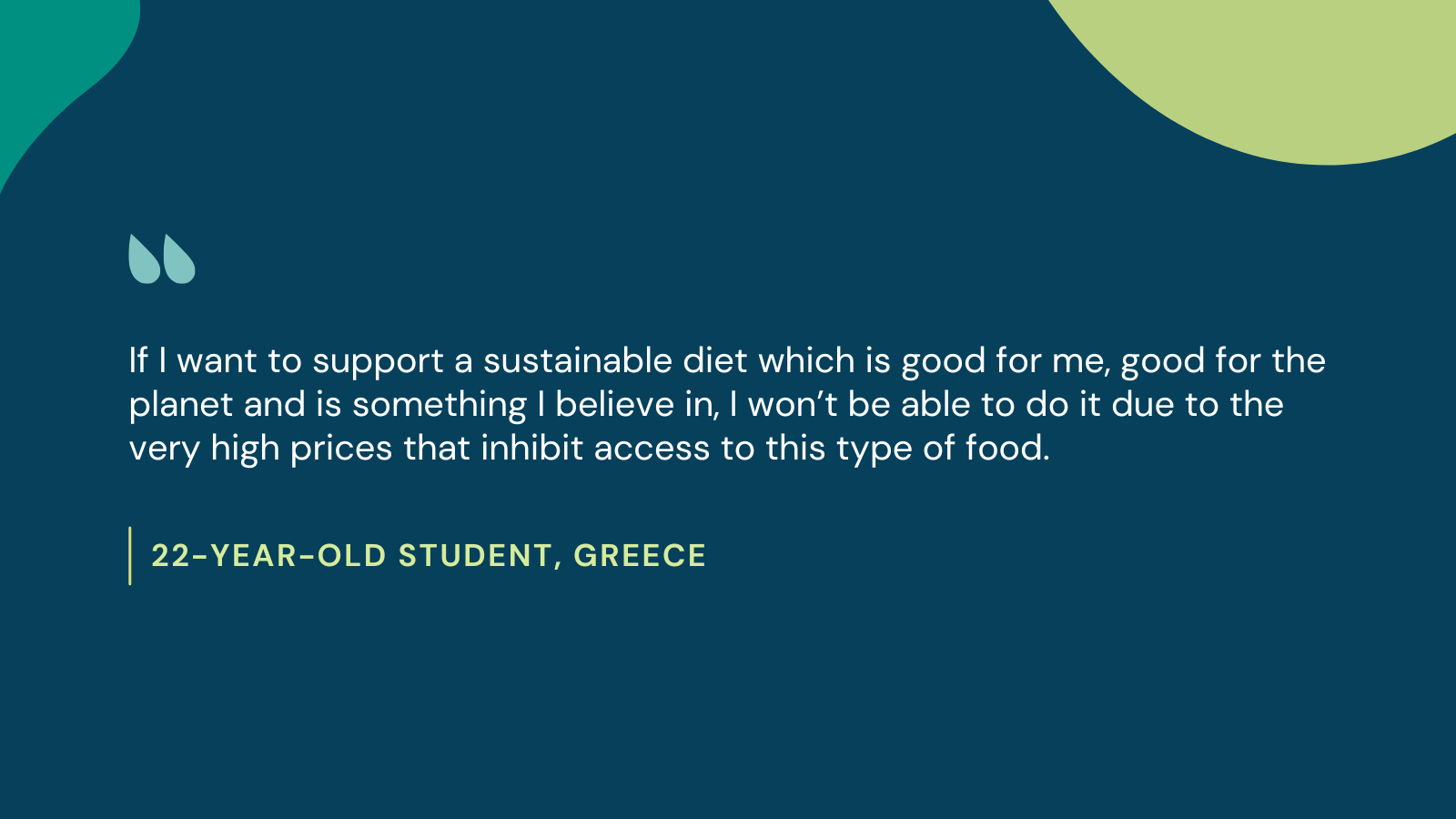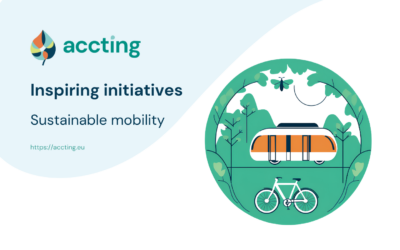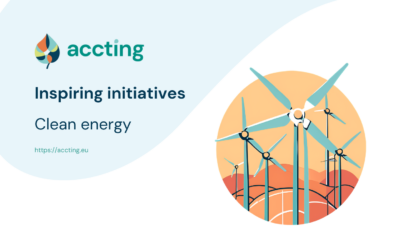The impact of climate change and the capacity to mitigate its negative impacts are unevenly distributed across and within societies; it is the poorer, marginalised and vulnerable groups who are the most acutely affected. ACCTING has collected 358 narratives via individual interviews in 13 European countries to capture some of the experiences of those vulnerable groups. These narratives on inequalities in enablers and hindrances for advancing behavioural change span eight thematic research lines – each addressing an EU Green Deal policy area. Read our dataset including all 358 narratives collected.
In Belgium, the energy crisis leads to a change of business model
“I am Petra, a graphic designer. I created my business 15 years ago as I wanted another career, more linked to food and people. I first worked as a manager of a sales outlet of a local chain like Pret-a-manger, to learn the job and the market. The restaurant is located on the ground floor of a former industrial building (workshop to cut diamonds). The energy crisis triggered a process of reflection that led us to drastic decisions, even to close the restaurant as no solution could be found to avoid a too high reduction of margin, making it meaningless to keep on working.
The start of the story is a decision taken a long time ago to save on personnel cost in a model with long opening hours (12 h / day). The choice we made was to work only with pre-prepared recipes. When the chef is there (daily) he produces, and the production is stored in appropriate packaging and stored in a fridge. Upon demand, the prepared meals are taken out for either take-away (in a specific packaging) or to be heated and consumed in the restaurant (if relevant as not all meals need to be warm). Meals are also displayed in the restaurant in a fridge. This approach reduces personnel cost (there is no “à la minute chef” present); but has logistics implications (packaging, cooling, … ). One of them is this “open” fridge displaying meals.
In August, I decided to start measuring our energy consumption. We started to do this daily and comparing with the day’s activity. Key point has been the purchase of a device to measure consumption of the different appliances. This device has been moving from appliance to appliance and led to a much better understanding of the energy consumption. When plugging it in the “open display fridge”, we discovered the full production of our 18 solar panels was needed for only this. Three hours after this discovery, the fridge was taken out of use.
“The uncertainty about the price of energy we might have to pay is unbelievable. Three hours after we had measured the consumption of our open-display fridge, we switched it off.”
“We controlled systematically all appliances and disconnected what was feasible to disconnect. This led to a process of systematic reduction of energy use. The expectation is that we will be at one fifth (!) by the end of the year. Another example is warm water. We had a boiler in the kitchen keeping the water temperature at a constant high. This was extremely comfortable for the team and when the option was considered to stop this, there was a lot of resistance. Still, it was taken out and one month later, nobody complains anymore. The team is now used to live without this “luxury”. For cooking, the chef is also adapting his habits and not bringing water to boiling temperature if not strictly needed (e.g. for pasta).
There are solutions and we discover and implement them one by one. We do not know yet what will be the financial consequences as we did not receive information from our energy provider. But my calculations based on the prices after checking what is mentioned for new contracts is that our energy cost for the first quarter of 2023 based on the consumption of this year’s Q1 would be dramatic (average of 20K / month). This leads to an incredible level of uncertainty and I am angry that we are so dependent of the energy providers who are not transparent on prices. This is also why we decided to stop the restaurant activity. Five years ago we managed to buy the house next to the restaurant and transformed this house into a B&B. Now we have decided to implement the following changes:
•The hallway of the B&B house will become like a shop where customers can come and pick up meals and snacks; a much-reduced assortment compared to today (not yet clear if there would be hot meals)
•The living room of the B&B will be rearranged to become a place where people can consume. This is much smaller than the present restaurant. It is in this room the B&B guests have their breakfast and this will remain the same
•The restaurant will be rented out for events. If it needs to be heated for an event, this becomes a variable cost compared to a fixed cost today. The variable cost is occurring only when an event takes place and is charged to the event organiser.
We will do this transition in steps and trying to minimise the impact on staff. As all staff have been with us for more than 10 years, the “social passive” is very high, but we will assume this cost. It is the consequence of conscious decisions in the past to keep on working with the same people and not to do what others do in the business: never keep the same staff for more than five years. It is open from 8 to 8 on weekdays. My husband joined me to help in the business after a few years, first part-time and now full time. We have 4 people on the payroll: a chef (full-time) and three part-time employees.”

